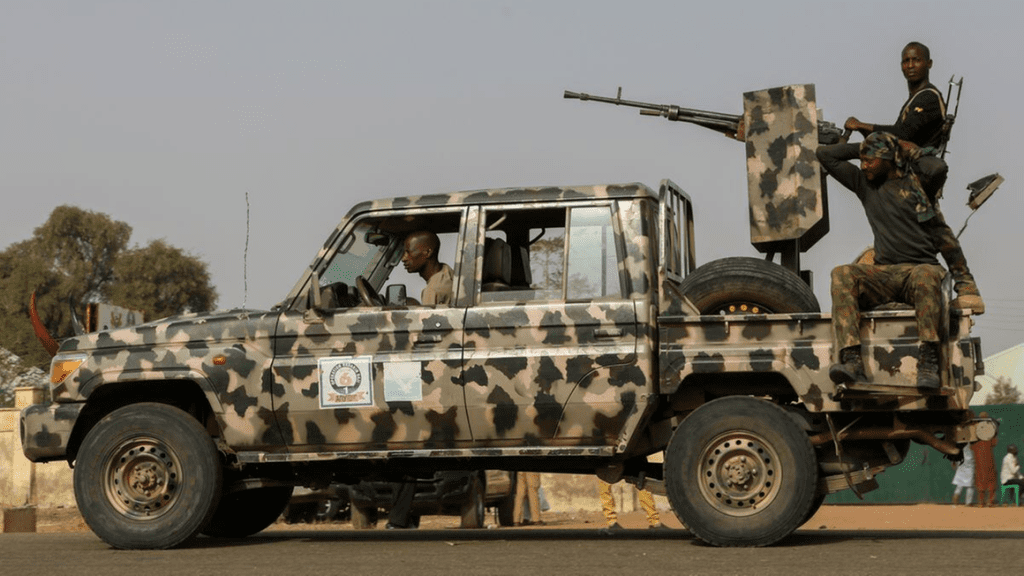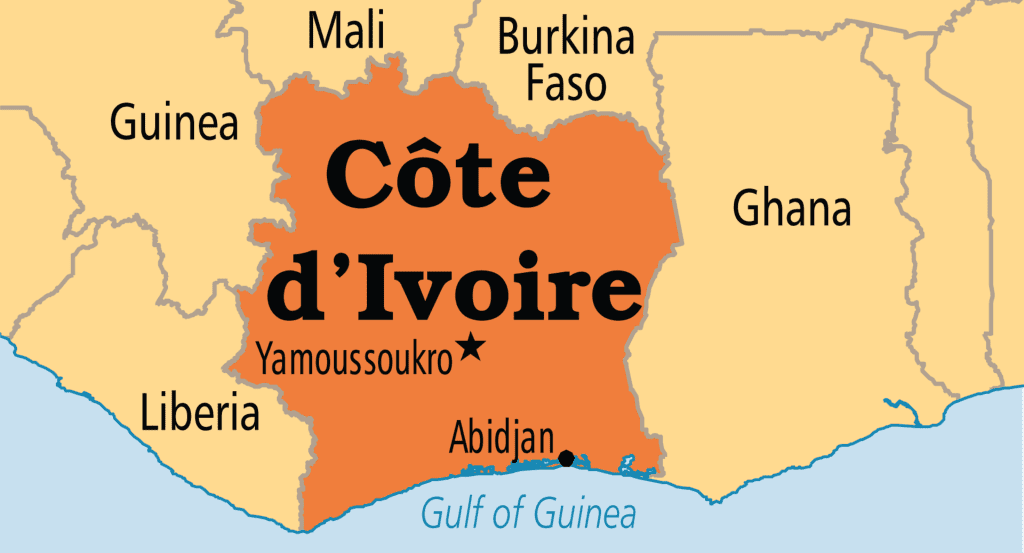An airstrike targeting armed gangs in Nigeria’s northwestern Zamfara State resulted in the deaths of at least 33 civilians on April 10, 2023, according to reports from residents and local leaders. This tragic incident is part of an ongoing military campaign against bandits who have been responsible for widespread violence and kidnappings in the region.
Military Operation in Zamfara
The Nigerian military has been conducting operations in Zamfara, targeting armed groups, commonly referred to as bandits, who are notorious for attacking villages, committing mass kidnappings, and terrorizing communities. The military reported that its recent airstrikes were successful in eliminating these criminal groups in various parts of Zamfara, including the Maradun local government area.
However, residents of Dogon Daji village, located in Maradun, have contested these claims. Lawali Ango, the traditional leader of Dogon Daji, stated that no bandits were present in his village at the time of the airstrike, which he said caused significant loss of life and destruction of property. Ango was preparing for Eid prayers when the attack occurred and returned to find collapsed buildings and civilians, including children, trapped under the rubble.
Civilian Casualties and Destruction
Surajo Abubakar, a farmer from the village, described the devastating impact of the airstrike, which took the lives of his two wives and five children. He confirmed that a total of 33 people were killed in the attack. Other residents shared similar stories of loss, with victims’ bodies scattered around the village after the explosions.
The incident has sparked outrage among villagers, who deny any connection between their community and the armed groups targeted by the military. One resident, Abu Waziri, recounted how he and others worked to gather the remains of the victims, burying them with prayers after the airstrike left the community in shock.
Military Response
In response to the allegations, Nigerian Defence Headquarters Spokesperson Major General Edward Buba denied that civilians had been targeted in the airstrikes. He emphasized that the military had carried out the operations based on reliable intelligence and surveillance, and that the strikes were directed solely at terrorist elements. However, he did not provide any information on the civilian casualties reported by residents.
The Nigerian military has increasingly been called upon to address the growing security threats posed by bandits in the northwest and central regions of the country. These armed gangs have become a major threat, attacking villages, committing acts of violence, and kidnapping people for ransom.
Ongoing Challenges
This airstrike adds to a series of similar incidents where military operations have inadvertently caused civilian deaths. A Reuters investigation from last year revealed multiple cases where civilians were killed in aerial assaults. The latest attack in Zamfara underscores the ongoing challenges faced by Nigerian security forces in combating armed groups while protecting innocent civilians caught in the crossfire.
As the military continues its efforts to dismantle these criminal networks, it must also work to ensure that its operations do not result in further harm to the very people it is trying to protect. The loss of civilian lives in Dogon Daji has raised serious concerns about the effectiveness and precision of these airstrikes, and calls for greater accountability and transparency in military operations have been amplified.
Conclusion
The airstrike in Zamfara that killed 33 civilians highlights the devastating consequences of military operations in regions affected by armed violence. As Nigeria grapples with the threat posed by bandits and other criminal groups, it must balance its security efforts with the need to safeguard civilian lives and maintain trust in its operations. The tragic loss of life in Dogon Daji serves as a reminder of the human cost of ongoing conflicts in the region.























